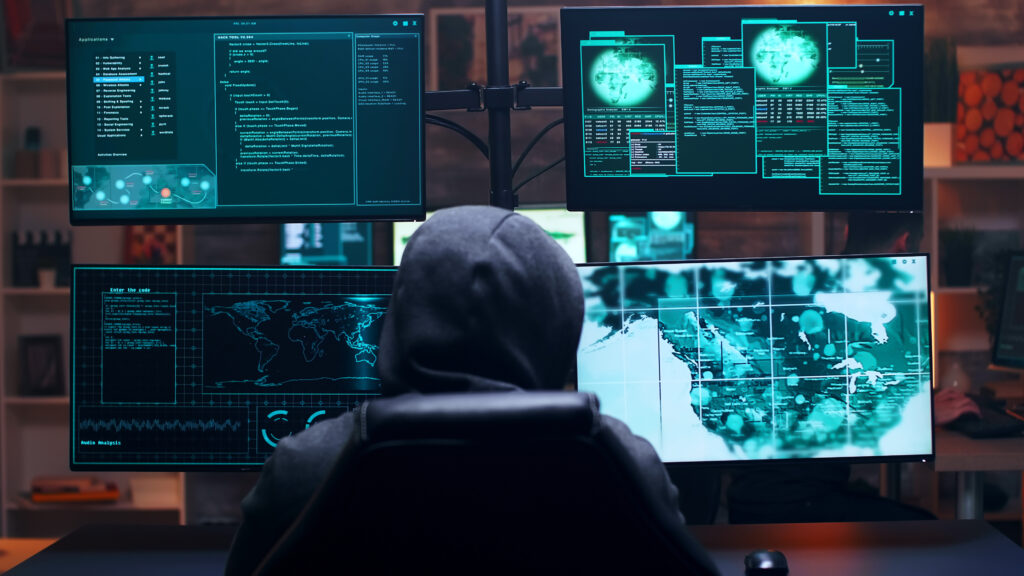Dole plc, a major American producer and distributor of fresh fruits and vegetables, recently confirmed it experienced a food cyber attack that disrupted its operations. The attack, which was identified as ransomware, forced the food giant to temporarily shut down production plants in North America and halt food shipments to grocery stores.
“Upon learning of this incident, Dole moved quickly to contain the threat and engaged leading third-party cybersecurity experts, who have been working in partnership with Dole’s internal teams to remediate the issue and secure systems,” the company said in a press release. “The company has notified law enforcement about the incident and are cooperating with their investigation.”
Although Dole has contained the threat, grocery stores witnessed the effects of the cyber attack. Two grocery stores in Texas and New Mexico told CNN that they couldn’t stock Dole salad kits on their shelves for days. Xtalks reached out to Dole for further comment, but has yet to hear back.
So, if a multi-billion dollar company like Dole can fall victim to a cybersecurity incident, are any companies immune from food cyber attacks?
Related: The Growing Importance of Food Industry Cybersecurity
Why Food and Beverage Companies are Targeted in Cyber Attacks
Food and beverage companies have become some of the preferred targets of ransomware attackers. From chain restaurants and large producers to local farms and small businesses, virtually no company is immune from network vulnerabilities that can be used to steal data, rendering networks unusable. These attacks often lead to disruption of operations and supply chain bottlenecks.
Whether the attacked party chooses to pay the ransom or not, targeted businesses suffer major losses trying to deal with the aftermath. Arguably the highest-profile food cyber attack was a ransomware attack on meat producer JBS USA in 2021 that paralyzed the company’s operations, forcing it to pay a ransom of $11 million.
In addition to the JBS attack, Ferrara Candy, the largest candy corn manufacturer in the US, was also hit with ransomware in 2021 before its critical Halloween season. In March 2022, HP Hood Dairy, the Massachusetts-based producer of Lactaid milk products, responded to a ransomware attack by taking its plants offline, disrupting supplies.
Cybercriminals often assume that larger companies have the resources to pay ransom without a second thought, and smaller businesses often lack the necessary updates that are needed to fend them off. For example, an Iowa-based farm services company, NEW Cooperative Inc, was forced to take its systems offline to contain a security threat.
In a 2021 Private Industry Notification from the Federal Bureau of Investigation (FBI), the agency stated that the infrastructure in the food and beverage industry has become a safer bet for cybercriminals, in part because the sector has adopted more smart technologies that open doors into their networks. Since the world’s food supply chain relies on manufacturing facilities to keep their networks and equipment safe, here’s what companies can do to mitigate the risk of a cybersecurity incident.
Reducing the Odds of a Food Cyber Attack
Since virtually no company is safe from being targeted by ransomware, regardless of size or location, food and beverage companies must take steps to manage risks effectively. The FBI listed a number of precautions that businesses could take, including:
- Backing up data and protecting copies offline
- Protecting critical data by making it inaccessible to modification or deletion
- Installing software updates
- Prioritizing the creation and changing of passwords for all accounts
- Disabling all unused remote access points and monitor used access
Companies are also encouraged to hire a managed security service provider to outsource cybersecurity, which can often be the most reliable way for the food and beverage industry to keep up with the ongoing responsibility of protecting data. There are even cybersecurity firms that specialize in the protection of the food and beverage industry, like AnzenSage.
Of course, cyber attacks can still happen despite security measures — what then? The first action should be to call in either internal or external IT experts to limit the damage as much as possible. This can include steps like taking individual computers offline until the problem is dealt with, identifying and isolating the point of entry and resorting to backed-up data when possible.












Join or login to leave a comment
JOIN LOGIN